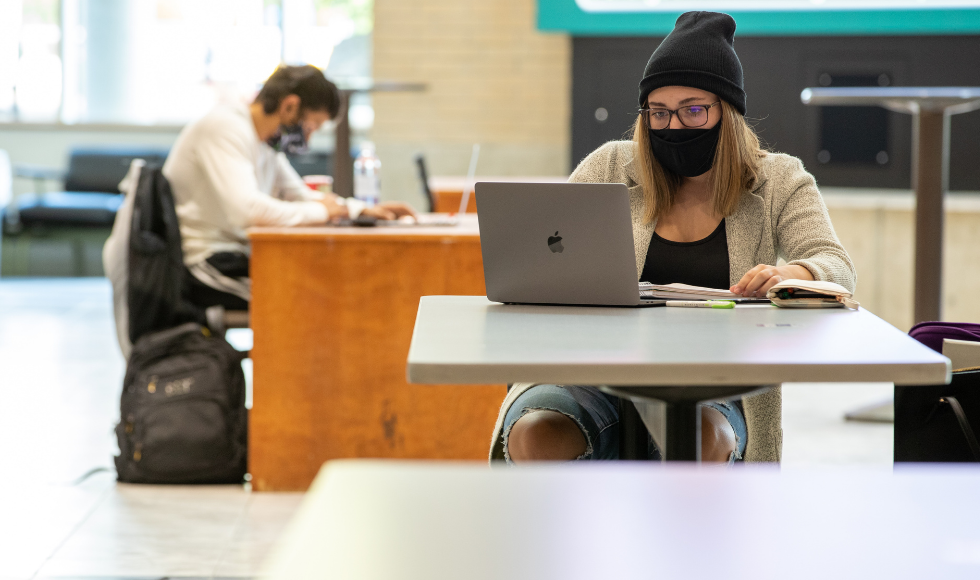McMaster to receive $2.5 million in provincial funding from Virtual Learning Strategy

As part of the Virtual Learning Strategy announced by the Ontario government in December, McMaster will receive over $2.5 million to fund 28 projects proposed by faculty, instructors and staff.
As part of the Virtual Learning Strategy announced by the Ontario government in December, McMaster will receive over $2.5 million to fund 28 projects proposed by faculty, instructors and staff. The funding will support key priority areas for creating digital content, providing key skills to faculty and students and identifying educational technologies to support online course and program offerings.
On March 18, the Ontario Ministry of Colleges and Universities announced that nearly 400 virtual learning projects from across the province would receive $50 million in funding connected to the Virtual Learning Strategy, which was developed after consultations in summer 2020 with Ontario’s postsecondary education sector. Universities, colleges and indigenous institutes expressed a need for additional support to develop teaching and learning resources in response to the rapid transition to remote learning during the COVID-19 pandemic and to enable access to high-quality learning for students.
“We have learned a lot from the challenges and successes we encountered over the past year, but there are incredible new opportunities still to be explored,” said Susan Tighe, provost and vice-president, Academic. “These projects will create new possibilities for learning experiences and new ways of thinking about engagement with our students.”
The 28 funded projects include the development of a variety of online learning resources, simulations, courses and programs that will enhance the student learning experience and fuel growth and innovation in virtual teaching and learning at McMaster.
Alexander Peace, assistant professor in the School of Earth, Environment & Society for the Faculty of Science, is one of the recipients of funding for a project that will create an interactive virtual field trip featuring a “geotrail” along the Bruce Trail on the Niagara Escarpment in Hamilton.
“Our project team includes individuals at both McMaster and U of T Scarborough who teach a variety of geoscience courses, which can be challenging in an online environment. Even prior to the pandemic we encountered accessibility issues,” said Peace. “This funding allows us to develop new material that is accessible and relevant to students.”
The “geotrail” project aims to develop interactive resources that would allow students to explore geoscientific concepts through 360-degree imagery, virtual microscopes, videos, animations, interactive diagrams and text.
Peace’s project, along with many other projects funded in the Virtual Learning Strategy, will create openly licensed resources that will be made available for use by educators from institutions across the province—enhancing the student experience beyond McMaster as well.
As McMaster prepares to provide safe and meaningful in-person experiences this fall, virtual learning will continue to be important for many programs. The Virtual Learning Strategy funding will provide critical support to educators as they continue to build deliberate, meaningful and engaging online experiences for their students in 2021 and beyond.
A full list of the funded projects can be found here.


